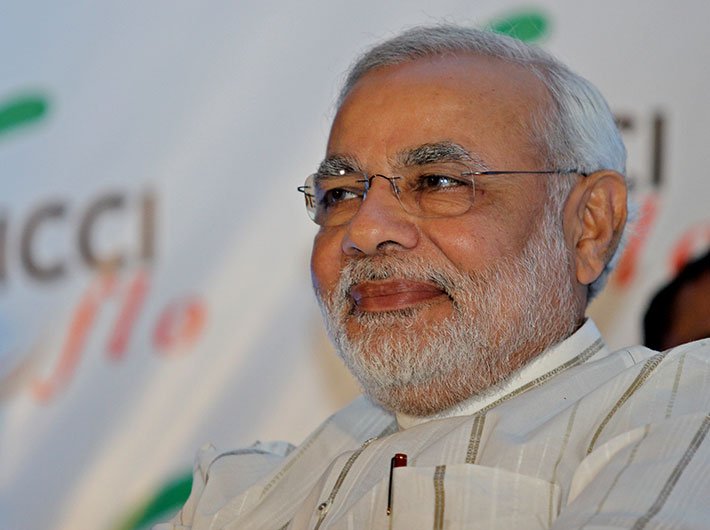They are hell-bent on personal attacks when his vulnerabilities are in governance.
Governance is a complex tool to achieve political objectives. This reductionist definition may not fit into the academic description of governance. Yet it is quite apt in the Indian context. Unlike politics which requires a sustained dialogue between leaders and the masses, governance operates in an exclusive domain which is technical and supplementary to politics.
Perhaps, nobody has understood this distinction better than Narendra Modi. At the peak of the election campaign when he referred to Robert Vadra as “damaadji” through innuendos, he was making a rhetorical point. Similarly, when he called for making India free of the Congress (“Congress-mukt Bharat”), he was not driven by vendetta but by an instinct to conjure up an alternative political dream.
Soon after taking over as PM, Modi seemed quite at peace with himself. He was equally at ease with his political adversaries, be it Sonia Gandhi at Ramlila Maidan during Dussehra celebrations or Rahul Gandhi in parliament. On Vadra, he never uttered a word. He knew it too well that the domain of governance is too sacrosanct to be sullied by baser instincts. Rhetoric of politics could not be allowed to fashion governance. So far, Modi has cautiously avoided anything that smacked of vengeance, since he takes the business of governance too seriously for his political objectives.
As the CM of Gujarat, he relied heavily on the tool of governance to wash off the stigma of the 2002 riots. With a single-minded campaign, he managed to sell the story of the Gujarat model of governance across India despite its vulnerabilities. It captured people’s imagination and catapulted him to the centre stage.
But let us look at what his adversaries have been doing in this decade of Modi’s emergence as a formidable leader! Since 2004 when the Congress-led UPA came to power in the centre, there were all overt and covert attempts to topple him. Unreliable and dubious evidence was cooked up by equally unreliable and dubious characters to arraign him in fictitious cases. Nothing worked. The latest that fell flat was the case against Amit Shah for the Sohrabuddin Sheikh encounter. The manner in which the CBI was used by the Manmohan Singh government is a classic case of using governance to settle political scores.
Till a year back, the CBI had been revealing murky details of the case to the media at the behest of the top leadership in the government. The more they went against Modi, the more he consolidated people in his support on the ground. The Congress used governance for its ultimate political objective of destroying Modi by all means, fair and foul. In the process Modi emerged stronger as he gave a realistic and efficient vision of governance for people’s welfare. Needless to say, Modi deftly used governance to his advantage and attained his political goal as well.
But what is still mystifying is the inability of Modi’s adversaries to learn a lesson from their follies. More recently they have taken the cause of Jashodaben, Modi’s estranged wife, to settle political scores. Those who know about the case are aware of the fact that the hapless woman who was living in oblivion was suddenly discovered by a combination of the Congress and VHP activists to create embarrassment for Modi. There is enough evidence to prove that the petitions filed by Jashodaben under the RTI Act to know about her rights as PM’s wife were designed by Modi’s adversaries to create an unsavoury situation for him ahead of Vibrant Gujarat.
This politics is bound to recoil on Modi baiters. Over the past 45 years, Modi has never led a married life once he walked out of his home as a boy. He is not known for extending favour to his relatives – his brother worked in the state secretariat as a lower-rung employee and never got access to the CM’s office. His frail and old mother still lives in a village home. Yet, so obsessed are his rivals with personal attacks, that they launch one every time with renewed vigour – only to end up as losers.
In the process, the issues that deserve attention get lost. In the past eight months there are indications that the government has done nothing extraordinary to shake off the policy paralysis. The decision-making is still at its slowest pace. The economy is not showing signs of revival while Modi has faltered on his promises of bringing back black money and purging the polity of criminals by instituting special courts. Modi’s vulnerabilities lie in the tool of governance. His position would be indefensible if his rivals raise substantive issues related to governance and provide an alternative dream as an effective counter to Modi’s vision instead of resorting to personal and petty attacks.
[email protected]



